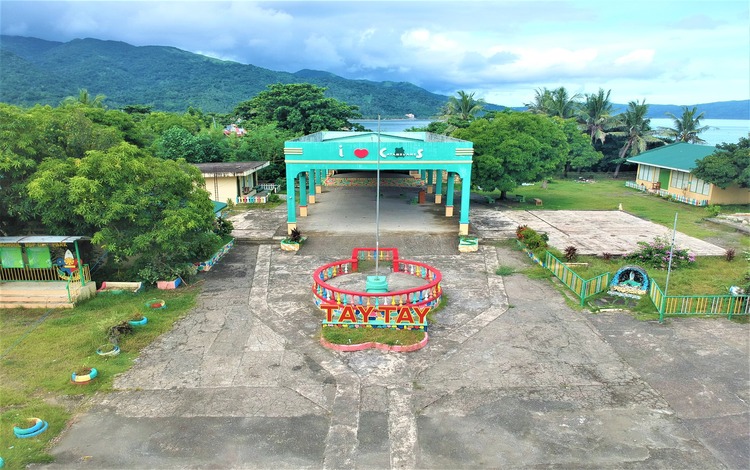In a significant legal decision, the Sandiganbayan has upheld the conviction of Anchelita Sicio, the principal of Taytay Elementary School in Virac, Catanduanes. Sicio was found guilty of malversation and falsification of public documents, resulting in an 11-year prison sentence.

The case originated from a ruling by the Virac Regional Trial Court (RTC) Branch 42, which determined that Sicio had falsified a sales invoice to misappropriate government funds. According to court records, she altered the invoice to indicate the purchase of 28 bags of cement worth ₱7,000, whereas only eight bags valued at ₱2,000 were procured.
For the malversation charge, Sicio received a prison term ranging from four months and one day to three years, six months, and 21 days. Additionally, she was disqualified from holding any public office and fined ₱5,000, with an extra ₱5,000 imposed as civil liability. Regarding the falsification charge, she was sentenced to imprisonment from six months and one day to eight months and one day, along with a ₱3,000 fine.
This case underscores the Philippine government’s commitment to combating corruption within its institutions. The Sandiganbayan’s decision serves as a stern warning to public officials about the severe consequences of engaging in fraudulent activities.
The misuse of public funds not only undermines the integrity of governmental operations but also erodes public trust. Educational institutions, in particular, are expected to uphold the highest standards of honesty and transparency, as they play a pivotal role in shaping the nation’s future.
The conviction of Sicio highlights the importance of vigilant oversight and accountability in the management of public resources. It also reflects the judiciary’s dedication to upholding the rule of law and ensuring that those who betray public trust are held accountable.
As this case demonstrates, the legal system continues to take decisive action against corruption, reinforcing the message that fraudulent practices will not be tolerated. The outcome serves as a reminder to all public servants of their duty to act with integrity and in the best interest of the communities they serve.
In conclusion, the affirmation of Sicio’s conviction by the Sandiganbayan is a significant step in the ongoing effort to eradicate corruption within public institutions. It emphasizes the critical need for transparency, accountability, and ethical conduct among public officials to maintain the public’s trust and ensure the effective use of government resources.
